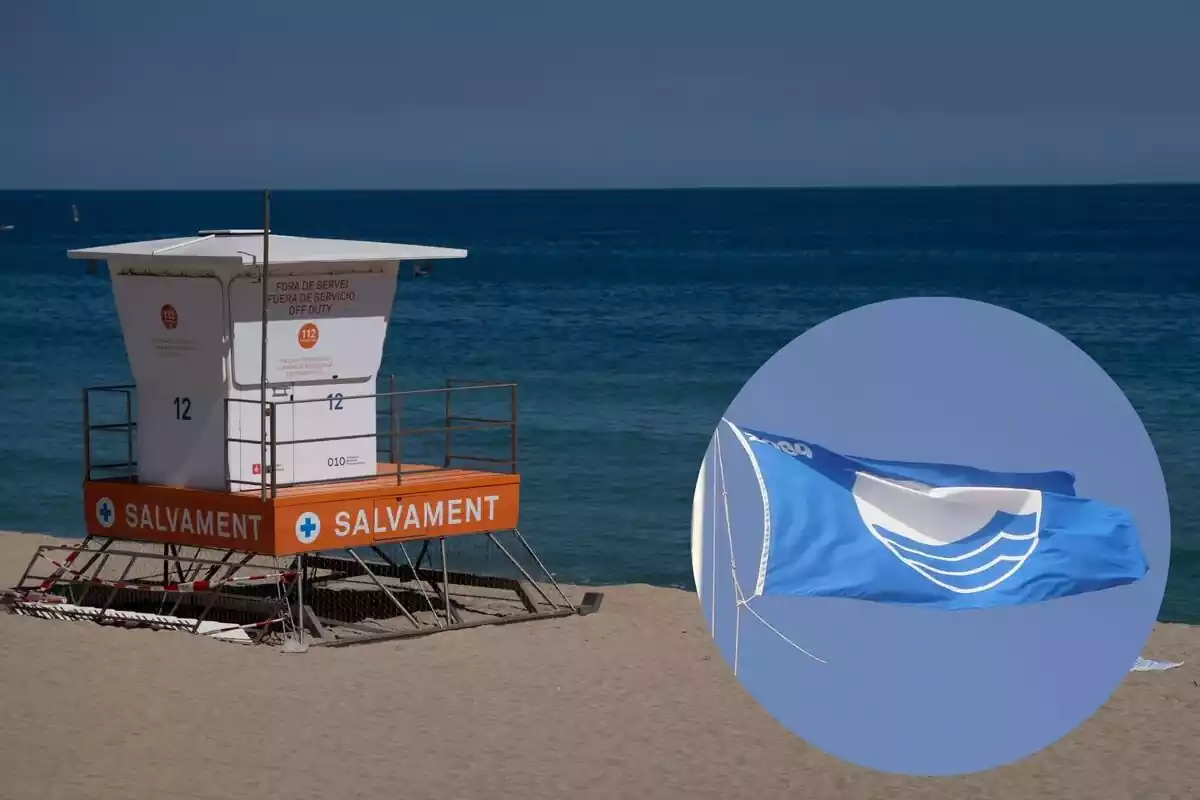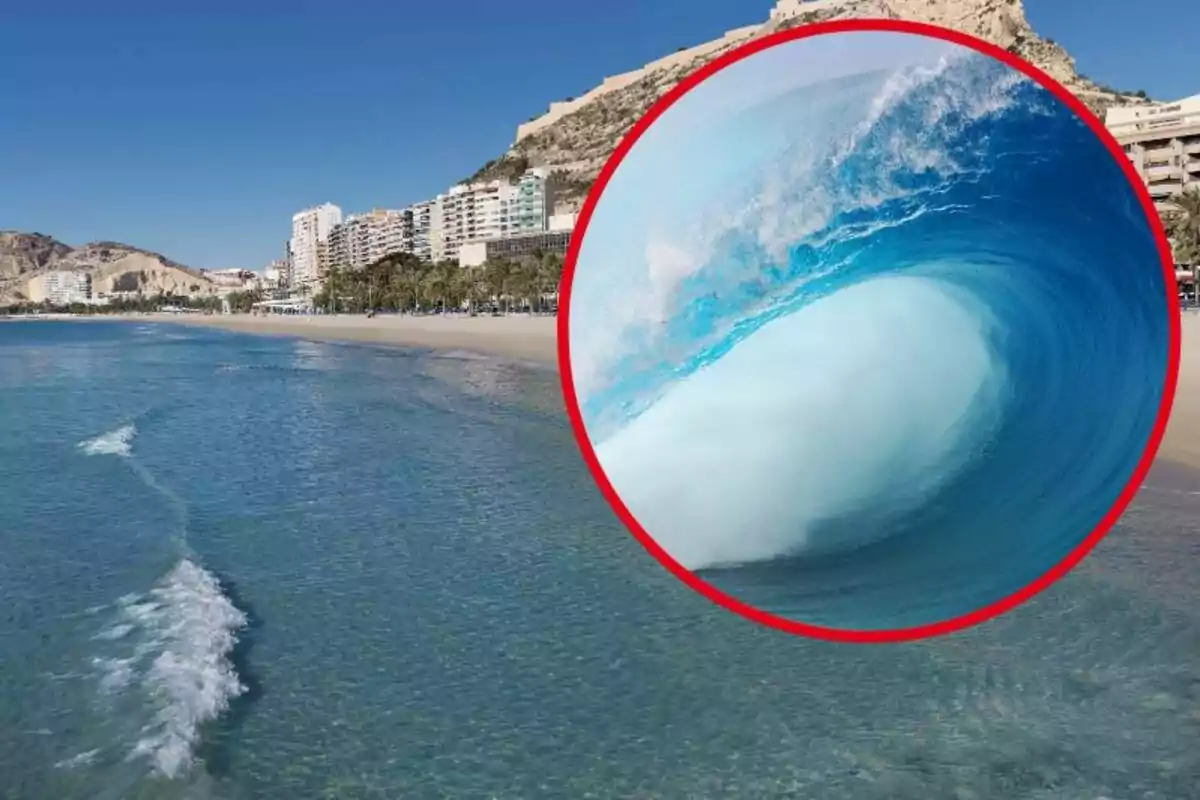Spain continues to be an international benchmark in environmental quality. The news that has caused great joy in the tourism sector was made official this Wednesday. In a report issued by the Association of Environmental Education and Consumer (Adeac), important achievements related to the country's beaches have been highlighted.
The report reveals that Spain is once again the country with the most Blue Flags on its beaches. In total, 642 flags have been reached, which is four more than last year. This recognition, awarded to beaches for their environmental quality and services, reflects the continuous effort to care for our coasts.

A consolidated leadership: more blue flags for Spain
The Blue Flags have been consolidated as a symbol of quality and sustainability. In total, Spain accounts for 15% of the world's beaches with this standard. This shows the level of excellence achieved by Spanish beaches in terms of safety, cleanliness, and accessibility.
Additionally, the total number of distinctions that Spain has achieved this year amounts to 749. Of these, 642 correspond to beaches, 101 to marinas, and 6 to tourist boats. This figure highlights the constant improvement in the country regarding the environmental management of its coasts.
By communities, the Valencian Community and Andalusia lead the list with 143 and 138 flags, respectively. Both regions have increased their numbers compared to 2024, standing out in the conservation of their coastline. Galicia occupies the third position with 108 flags, although it has lost six compared to last year.

Catalonia has also improved, with an increase of six flags, reaching 101. Meanwhile, the Canary Islands have suffered a considerable drop, losing nine flags, and remain with 47. The Balearic Islands, on the other hand, have managed to increase by one more, reaching a total of 32.
The positive impact on ports and tourist boats
In the field of marinas, Catalonia leads with 23 blue flags. Andalusia follows closely with 20, although it has lost two compared to last year. The Valencian Community keeps its 19 awarded ports, while the Balearic Islands have suffered a loss, remaining with 14.
Regarding tourist boats, Andalusia stands out with four flags and the Valencian Community with two. These distinctions have not changed compared to the previous year. This recognition of ports and boats underscores Spain's commitment to excellence in tourism.

The municipality of Sangenjo, in Pontevedra, takes the lead with 19 distinctions. Among them, 17 are for beaches and 2 for marinas. Other municipalities like Vigo, Orihuela, and Marbella also stand out for their high number of Blue Flags, consolidating Spain's image as a quality destination for national and international tourists.
This recognition of Spanish beaches, ports, and boats highlights the constant work to improve environmental quality. According to the report, Spain positions itself as a benchmark in sustainable tourism. This summer, tourists will be able to enjoy a cleaner, more accessible, and safer coastline than ever.

